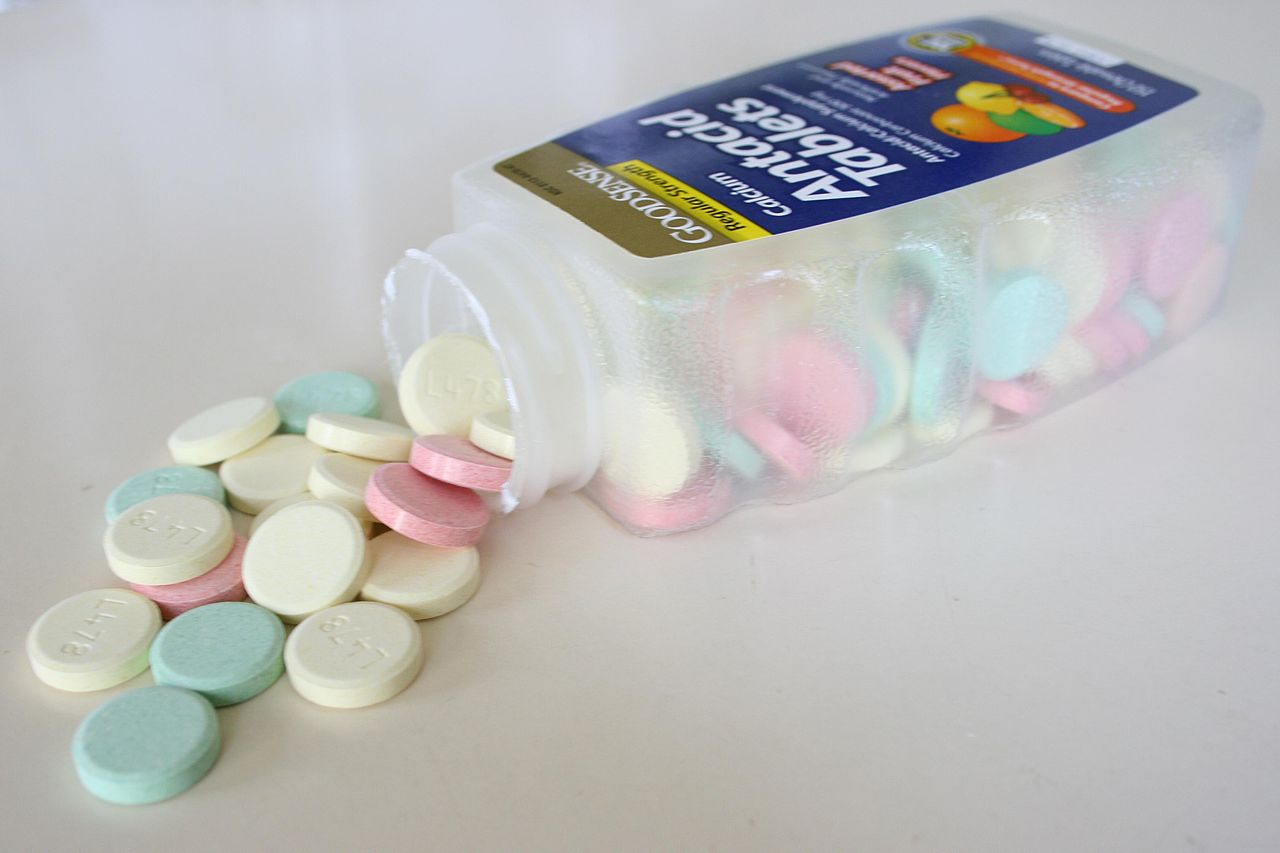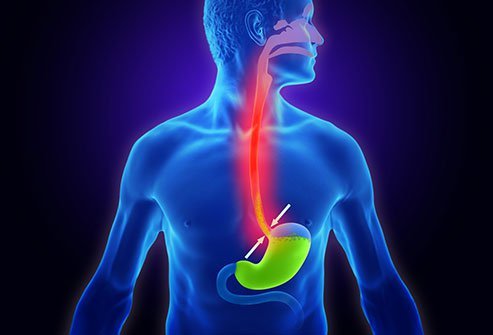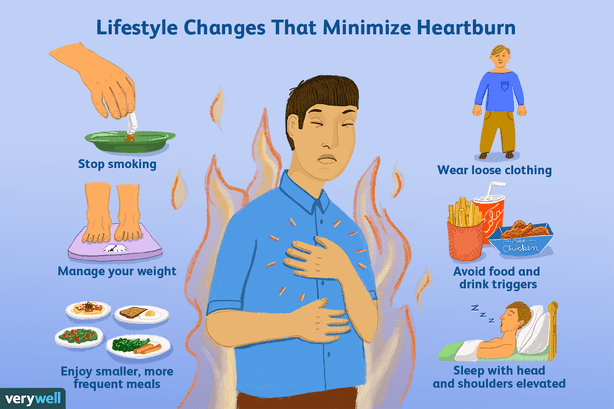
McRorie (2018) stated that antacids can provide an expeditious increase in stomach pH. However, such a change comes at a consequence; the reduction of stomach acidity stimulates a rapid increase in the same (McRorie, 2018). Ultimately, the intervention that causes the relief is also the impetus behind further gastric acid production, leading the individual into a perpetual cycle of managing symptoms rather than cause.

Daily heartburn symptoms are prevalent in a much as 25% of the North American population, and is considered a frequent problem (defined by the Food and Drug Administration) when occurring at least two times per week (McRorie, 2018). Such reflux symptoms, and frequency of two or episodes a week, is characterized as gastroesophageal reflux (GERD) (McRorie, 2018). GERD is often caused by the travel of stomach acid through the lower esophageal sphincter; a challenge of stomach acid being in the wrong place, not necessarily a problem of excessive gastric acid production (McRorie, 2018).

Lifestyle interventions that may help mitigate GERD include reducing smoking as it has been shown to increase the risk of said condition (Kohota et al., 2015). Another intervention can include elevating the body in a more upright position during sleep to allow gravity to keep stomach contents below the lower esophageal sphincter (McRorie, 2018). A third lifestyle modification can include reduction of fat content per meal; McRorie (2018) noted that higher fat meals delays gastric emptying, increasing time that food sits in the stomach, thereby increasing the opportunity for GERD. Additionally, meal size (when excessive) can induce an increase in intragastric pressure, causing upward movement of stomach contents. Interestingly, McRorie (2018) also stated that certain foods can relax the lower esophageal sphincter allowing entry of acidic contents. Such foods included chocolate and peppermint. Foods that directly irritated the cardiac sphincter included citrus fruits, carbonated beverages, in addition to acidic (i.e., tomatoes) and spicy foods (McRorie, 2018).
In conclusion, GERD can be managed in the short-term with antacids, and longer term with other medications such as proton pump inhibiters (McRorie, 2018). However, the inclusion of lifestyle modifications might help circumvent the need for GERD-related medications. Alternatively, concurrent implementation of said lifestyle modifications might help reduce the amount of GERD medication used, if still required.
References
Kohata, Y., Fujiwara, Y., Watanabe, T., Kobayashi, M., Takemoto, Y., Kamata, N., … Arakawa, T. (2015). Long-term clinical impact of varenicline-induced smoking cessation on improvement of gastroesophageal reflux disease and health-related quality of life. Gastroenterology, 148(4), s-622.
McRorie, J. W. (2018). Heartburn: Lifestyle modifications and over-the-counter medications. Nutrition Today, 53(1), 18-25.
-Michael McIsaac
